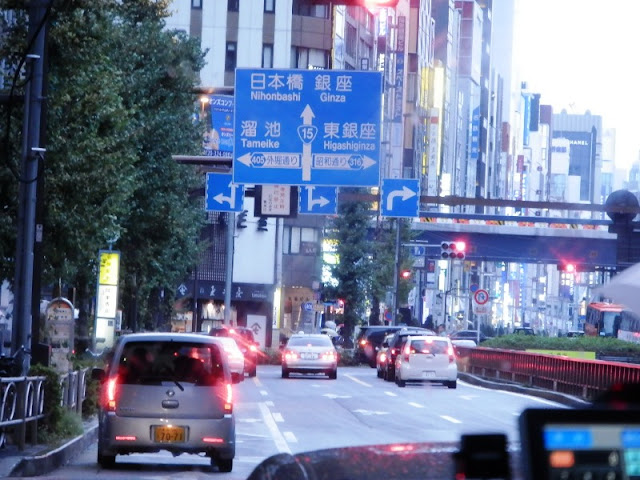Tokyo Bay
Shogun and Emperor
The first ruler of Japan is historically believed to have presided over half of Japan from Yamato, a region now called Nara Prefecture, in the fourth century, though a queen of Yamato, named Himiko, was recorded as one of major rulers of Wa (presently Japan) in the third century in the Chinese historical book called the Records of the Three Kingdoms written at the end of the fourth century by a Chinese historian/bureaucrat called Chen Shou.
Till the late 12th century, the imperial court had sole political power over the Japanese archipelago except Hokkaido and Okinawa. Emperors, one after another, and noblemen lived in Kyoto after having moved the capital from Nara to Kyoto in the late 8th century.
As time went by, the samurai class (a kind of warriors with administrative and cultural ability or feudal lords and their officials with the sword) gradually won power and finally set their capital in Kamakura, 500 km east of Kyoto and near Tokyo Bay, around 1200. The top of the samurai class, or virtually the king of samurais, however was nominally appointed to the position of shogun by the emperor living in Kyoto. In a sense, since then, a reigning shogun (or his delegate) and an emperor coexisted in Japan. A shogun had actual political, administrative, and military power while an emperor kept authority in the traditional social regime, the class system of the elites, and religions and culture.
This balance started to end when the Tokugawa shogun government, established in Edo (presently Tokyo), started to open the nation and modernize Japan in the middle of the 19th century after the closure of the nation that had continued for about 250 years.
When the Tokugawa clan succeeded in taking over power all over Japan in the early 17th century, they had no strong enemies in Japan except Christians. As missionary priests sent by the Vatican to East Asia could freely preach in Japan from the middle of the 15th century, there were comparatively many Catholics at the time. But they were critically against the rule by sword. The shogun took great pains to put them under control. So, finally Tokugawa samurai leaders decided to close the nation to prevent a Vatican influence from coming into Japan.
But with arrival of an American naval fleet led by Commodore Perry at Tokyo Bay in 1853, the Tokugawa shogun government decided to open the nation, since they found superior arms and technology in American ships, including some steamships. But it invoked great commotions in the Japanese society. First, other samurai lords who were against making a diplomatic tie with the US and other Western nations started to fight the Tokugawa regime. Those anti-Tokugawa samurais took the emperor in Kyoto on their side, thus justifying their act of rebellion against the samurai government in Edo.
After years of bloody strife, a decisive civil war eventually broke out in 1868. But luckily it ended within a year with an overwhelming victory of the anti-shogun samurai camp. They changed the name of the city Edo to Tokyo and founded a new government with the emperor at its center. So, it was a kind of restoration of the political power of the emperor 700 years after it had lost it, though it was almost nominal power the emperor could win at this time. Anyway history calls it Meiji Restoration as the new era was called Meiji by the imperial court.
In the Meiji era, samurais abolished their old fashion of looking and behaving and adopted western-style clothing and manners. They didn't wear the topknot and swords anymore.
Nonetheless most of the new elites of Meiji Japan and the subsequent Empire of Japan were actually ex-samurais or children and grand children of ex-samurais. That is why the Empire of Japan easily and rapidly trended toward militarism when the Great Depression began in 1929 and the diplomatic relationships with the US and China went wrong.
So, you cannot judge what the Imperial Army and Navy did during WWII without understanding spirits and philosophy of samurais, since the core of the Japanese society before the end of WWII was ruled by sword rather than classical imperial traditions.
*** *** *** ***
Pro 6:20 My son, keep thy father's commandment, and forsake not the law of thy mother:
Pro 6:21 Bind them continually upon thine heart, and tie them about thy neck.









.jpg)





